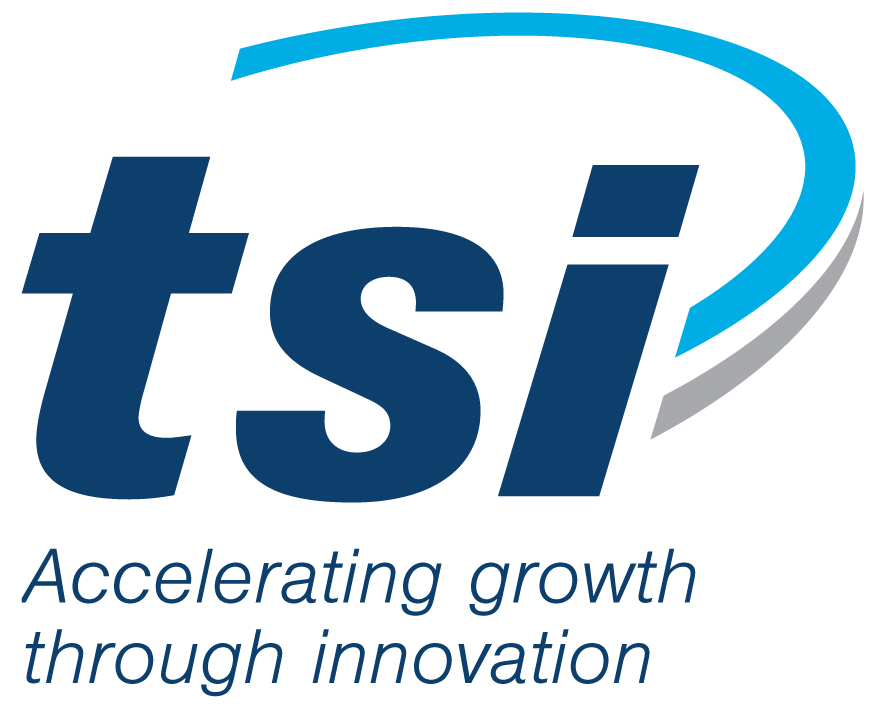06 Jan 2011 Stating Your (Business) Case – How To Successfully Apply To Government Funding Programs
News & Events
Events
With the sheer number of grant, loan and tax credit funding programs available through a variety of government agencies, it’s easy to pick a program, submit an application and receive your money - right?
Unfortunately, in the sometimes competitive and virtually always discretionary world of government funding for businesses, this is not the case. Just ask those who have tried this method and failed. With a finite number of funding dollars available across a wide variety of programs, what you say in your application and how you say it is almost as important as the great idea that prompted you to apply in the first place.
Companies are often amazed to learn that funding programs are available to support hiring technical staff, training, expanding into foreign markets, R&D, commercialization, and more. With the exception of tax credit programs such as SR&ED, almost all funding applications submitted, regardless of whether the funding takes the form of a grant or loan, requires a well-thought-out, comprehensive business plan. Now, you may be thinking “I already know my business plan” or, “that’s easy to create – I can have it done by tomorrow!” These are common misconceptions, and can virtually shut down your application before it’s even begun.
Most small and medium sized companies typically have great employees who are intelligent, motivated and innovative, which are all qualities a business owner looks for to ensure the current and future growth and success of the corporation. However, the characteristics which make up a great sales, marketing, operations and finance machine don’t always translate into the skill required to develop a comprehensive business plan.
A comprehensive business plan must include answers to questions such as:
- Where has your company been and where is it going?
- What key objective(s) will your project fulfill and how does it fit into the funding program’s eligibility requirements?
- How much is your idea going to cost to execute and how much are you requesting in funding?
- What will you do if your project succeeds? What if it fails? What are the business and technical risks?
- What are your major milestones, and when are they planned to occur?
- What is your marketing strategy? How large is your target market and how will you reach your intended customers?
- What does the competitive landscape look like?
- Have you named a project management team and are they experienced in a project management methodology?
Not only must a business owner have the answers to the above and many other questions in order to compile a complete application, he or she also has to have access to a resource that can properly capture it in a way that ensures the application will be successful. Having a great idea to stimulate job creation, expand your business or develop the next “it” product is simply not enough.
Whoever says that government funding can be easily obtained with a minimum of effort may not have had the opportunity to speak with funding program reviewers. This group of professionals are focused on criteria specific to the overall objectives of their funding programs and will ultimately decide whether your application is successful. During these times of economic challenge, thousands of companies are vying for the same funding dollars, making the process extremely competitive. Having a competent, experienced team prepare your applications can substantially improve your chances of success, reduce your team’s workload, and ensure your key resources are focused on their core competencies.
About the author: Tracey Wills and Jason Schwandt are consultants with TSI, a Vaughan-based consultancy. For more information, contact TSI at 905-738-6770.



No Comments